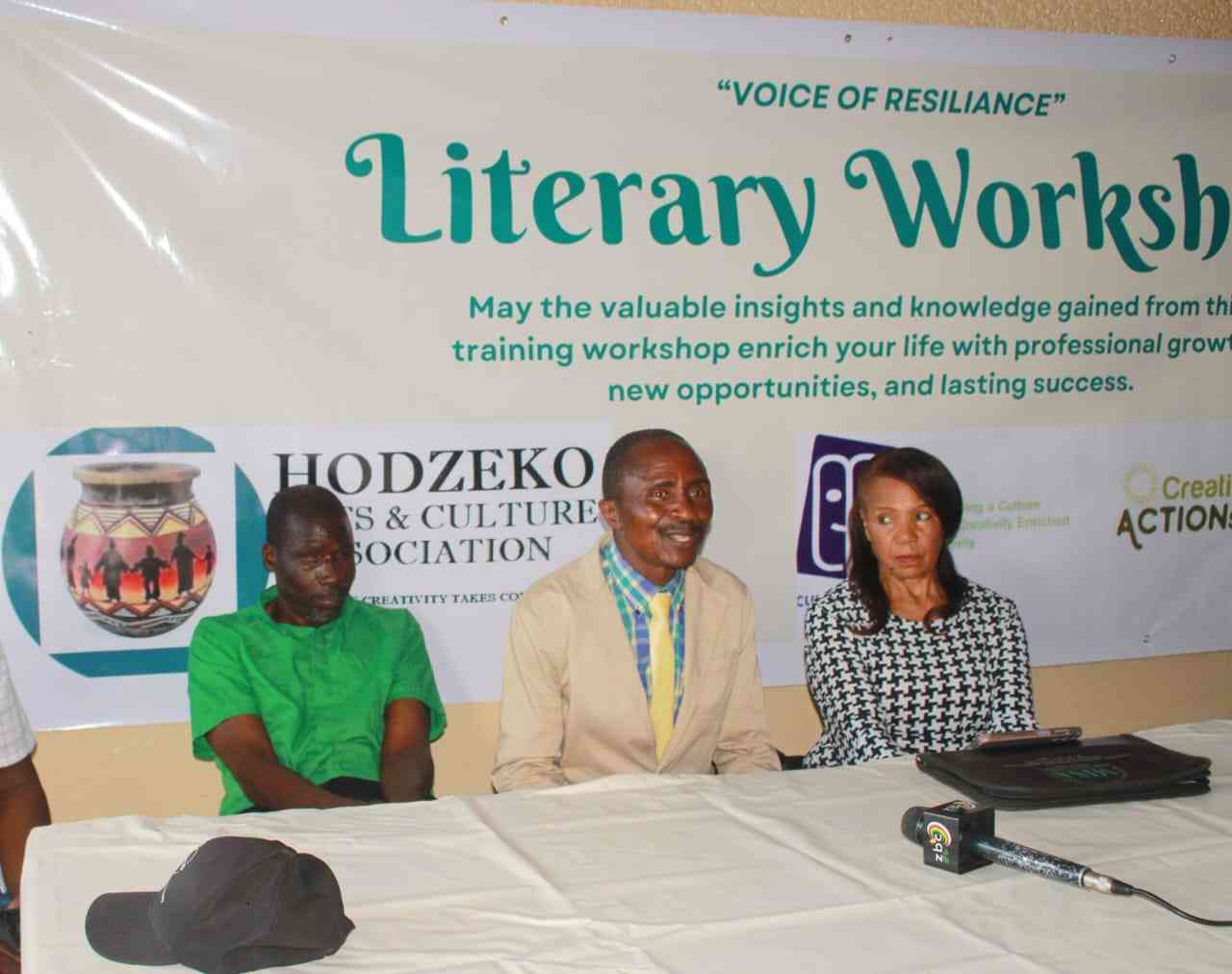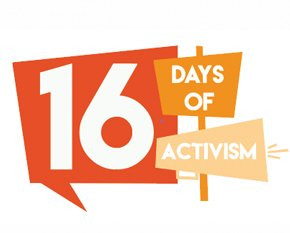
THE Zimbabwe Lawyers for Human Rights (ZLHR) notes with concern the backsliding and erosion of the enjoyment of freedom of expression and freedom of the media.
ZLHR implores government to cease the relentless onslaught against dissenting voices.
This year, World Press Freedom Day (May 3) is being commemorated at a momentous time when the United Nations marks the 30th anniversary of the special day for media freedom.
ZLHR pays tribute to all media practitioners who are persevering in reporting the truth and working to make an impact and positive change in their communities.
The theme for World Press Freedom Day in 2023, Shaping a Future of Rights: Freedom of Expression as a Driver For All Other Human Rights as Promoted by the United Nations Educational, Scientific and Cultural Organisation, signifies the enabling element of freedom of expression to enjoy and protect all other human rights.
Having independent media and a media-literate public is essential to tackling disinformation, lies and hate speech.
Regrettably, ZLHR deplores the fact that freedom of expression is far from acting as a driver for the enjoyment of other human rights and that media freedom is evidently taking a step backwards.
Despite Zimbabwe’s obligations under international human rights law and its commitment to implementing recommendations from the previous reviews of the United Nations Human Rights Council-led Universal Periodic Review (UPR) Mechanism, there still exists several repressive laws, impediments, policies and practices which unjustifiably limit the right to freedom of expression.
- ED heads for Marange
- ‘Zimbos dreading 2023 elections’
- Your Excellency, the buck stops with you
- We’ll unleash our dogs: Zanu PF
Keep Reading
The effect of all this, including digital surveillance and prosecution of human rights defenders, opposition politicians and ordinary citizens, has been to curb free speech and to censor media practitioners.
The fragile media economy has curtailed people’s access to and consumption of information products and has resulted in loss of jobs for media practitioners.
Regrettably, this is all taking place at a time when the government accepted recommendations calling for the implementation of measures guaranteeing the exercise of the right to freedom of expression, during the UPR session held in January 2022 in Switzerland.
In recent times, ZLHR has observed the increased targeting through arrests and prosecution of ordinary citizens on flimsy charges of undermining the authority of or insulting the President and the outrageous convictions and sanctioning of perceived government opponents.
As this is taking place in the run-up to general elections, ZLHR is convinced that the law is increasingly being weaponised to silence dissenting voices and perceived opponents of the government, as confirmed by the recent unprecedented bullying and intimidation of journalists by senior government officials.
It becomes germane at this juncture for ZLHR to emphasise that freedom of expression is sacrosanct as it is the fundamental bedrock of democracy, which plays a critical role in enabling the meaningful participation of citizens in governance.
Freedom of expression is also vital to an individual’s personal development, political consciousness and enables one to participate in public affairs.
Because freedom of expression is a prerequisite and a driver to the enjoyment of all other human rights, ZLHR, therefore, implores the government to:
- Repeal all legislation criminalising freedom of expression in Zimbabwe, including section 33 of the Criminal Law (Codification and Reform) Act, and ensure a free operating environment for media practitioners, human rights defenders and ordinary citizens;
- Cease the criminalisation of free speech and the persecution, prosecution and imprisonment of human rights defenders, perceived government opponents and ordinary citizens;
- Guarantee the safety of journalists and strengthen media freedom and freedom of expression by investigating and holding those responsible for the shameless bullying, intimidation and censoring of media practitioners and ensure that all journalists can do their jobs without fear of reprisals.
- Stop the enactment of retrogressive amendments to the Criminal Law (Codification and Reform) Act by introducing the so-called patriotism provisions amendments in the Act.-ZLHR
Let’s be conscious about healthy foods
A NUMBER of initiatives promoting healthy food systems are underway in urban areas of Zimbabwe, but these promising approaches are not always systematically documented, known and shared to support exchange and learning.
To address this, the Urban Councils Association of Zimbabwe (UCAZ) in association with the training and research support centre EQUINET, with review input from the Health and Child Care ministry is implementing work in 2022-23 to gather and share evidence on initiatives underway in Zimbabwean cities/towns to promote healthy food systems, to share and promote uptake of promising practice through UCAZ in Zimbabwe and through EQUINET in east and southern Africa.
The capital, Harare, is one of the urban case studies, using a collectively developed shared framework and has a population of 2,2 million (ZimStat, 2022).
In Harare, 13,7 % of children under 18 years are poor, and 2,2% food poor, living in households that are below the poverty datum line (ZimStat, 2019).
The proportion of poor households is likely to have increased due to the effects of COVID-19, which saw some people losing their means of income due to restrictions imposed to curb the spread of the disease.
Food supply comes from food industries located in the city and other urban areas of Zimbabwe, and food imported from other countries.
Fresh fruits and vegetables are mostly obtained from the people’s markets, shops, hawkers, unlicensed vendors and from production in resident’s backyards for home consumption and sometimes for sale to supplement incomes.
People’s markets and shops are supplied by large- and small-scale and household producers and from imports.
Whole grain is primarily bought from the Grain Marketing Board and people’s markets supplied by farmers. Harare’s households commonly consume processed maize meal (sadza) with vegetable, bean, or meat relish, bread, sugar, white rice and cooking oil (FAO et al., 2012).
While maize meal is usually bought from shops as it is easier to prepare than whole grain, some residents also produce grain ground from maize cultivated in backyards or open spaces in the city. Meat consumed in the city is supposed to be sold in licensed butcheries, supplied by abattoirs in Zimbabwe.
The Public Health Act (CAP 15:17) stipulates that animals and birds for food should be slaughtered at registered abattoirs.
However, unlicensed vendors are selling meat on the streets, posing a health risk.
Some residents keep poultry in their yards, for consumption, and for sale of live or dressed poultry to residents or shops.
Ready-to-eat foods are sold from licensed takeaways, restaurants and hotels, as well as unlicensed caterers.
Economic hardships and knowledge gaps weaken healthy food choices and raise the risks of food-related diseases.
Producers, retailers and those involved in food-preparation play a role in preventing food-borne diseases, micronutrient deficiencies, and environmental degradation.-EQUINET










